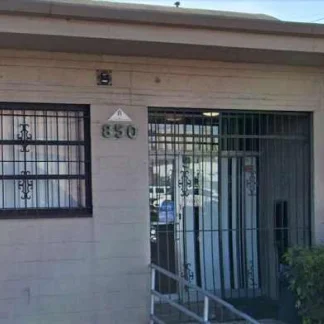Jewish Board of Family - Childrens Services
Jewish Board of Family – Childrens Services is a private rehab located in Staten...
The Lennard Clinic exists to enrich the quality of life of opioid dependent adults in Essex, Union and surrounding counties to reduce illicit drug use, decrease criminal activities, enhance health conditions and promote social stabilities by providing superior treatment services. The Lennard will continue to incorporate the most current scientific knowledge, employing those methods that enrich the quality of life for the individuals they serve.
Contact us for more information: (908) 352-0850

Connect with The Lennard Clinic by calling their admissions team directly.
(908) 352-0850 Website Get DirectionsThe Commission on Accreditation of Rehabilitation Facilities (CARF) is a non-profit organization that specifically accredits rehab organizations. Founded in 1966, CARF's, mission is to help service providers like rehab facilities maintain high standards of care.
CARF Accreditation: Yes
The Substance Abuse and Mental Health Services Administration (SAMHSA) is a branch of the U.S. Department of Health and Human Services. Established in 1992 by congress, SAMHSA's mission is to reduce the impact of substance abuse and mental illness on American's communities.
SAMHSA Listed: Yes
Group therapy is any therapeutic work that happens in a group (not one-on-one). There are a number of different group therapy modalities, including support groups, experiential therapy, psycho-education, and more. Group therapy involves treatment as well as processing interaction between group members.
In individual therapy, a patient meets one-on-one with a trained psychologist or counselor. Therapy is a pivotal part of effective substance abuse treatment, as it often covers root causes of addiction, including challenges faced by the patient in their social, family, and work/school life.
In individual therapy, a patient meets one-on-one with a trained psychologist or counselor. Therapy is a pivotal part of effective substance abuse treatment, as it often covers root causes of addiction, including challenges faced by the patient in their social, family, and work/school life.
Jewish Board of Family – Childrens Services is a private rehab located in Staten...
The Lennard Clinic stands as a CARF-accredited substance abuse rehab center in N...
Situated in Irvington, New Jersey, New Hope Behavioral Health Center is a drug a...
St. George’s House – A Clean and Sober Community is a private rehab located in S...